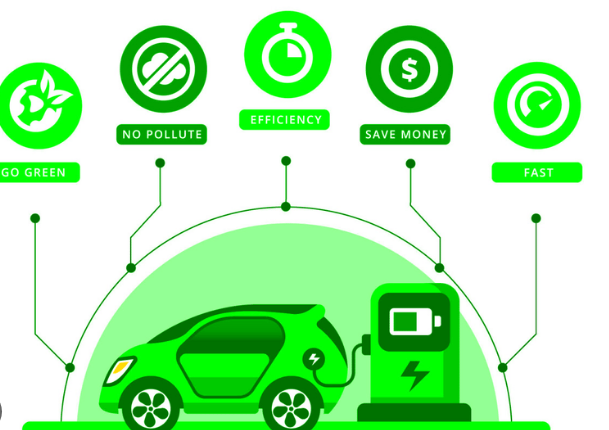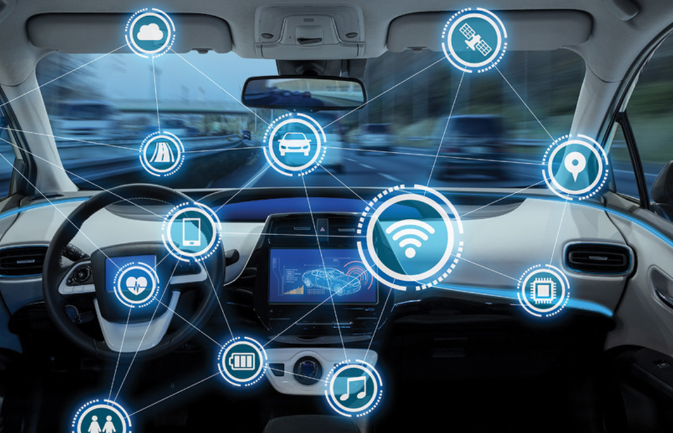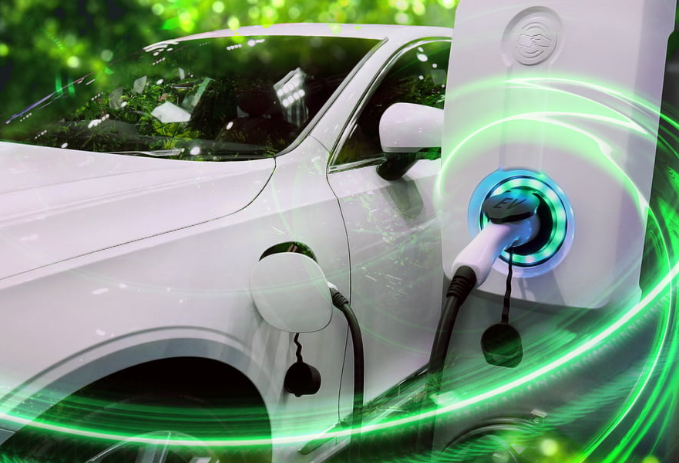|
Getting your Trinity Audio player ready...
|
Electric car benefits and challenges are becoming increasingly popular as people become more aware of this type of car. An electric car is a vehicle that runs on electricity rather than gasoline or diesel fuel. It is powered by one or more electric motors, which draw energy from rechargeable batteries. Electric cars are becoming increasingly popular due to their lower operating costs, reduced environmental impact, and improved driving experience. They emit no pollutants from the tailpipe, and can be charged from a variety of sources, including home charging stations, public charging stations, and even solar panels. Some electric cars have a range of over 300 miles on a single charge, making them a viable option for many drivers. In recent years, there has been a significant increase in the number of electric cars on the road, and this trend is set to continue. Below are some electric car benefits and challenges.
Better for the environment
One of the main benefits of electric cars is that they are much better for the environment than traditional petrol or diesel cars. Electric cars produce zero emissions, which means that they do not contribute to air pollution or climate change. This is a significant advantage, as air pollution is a major problem in many cities around the world.

Cheaper to run
In addition to being better for the environment, electric cars are also much cheaper to run than traditional cars. The cost of electricity is much lower than the cost of petrol or diesel, which means that electric cars are much cheaper to refuel. They also require less maintenance, as they have fewer moving parts and do not need oil changes or other regular maintenance tasks.
Less noisy
Another advantage of electric cars is that they are very quiet to drive. This makes them particularly well-suited to city driving, as they do not produce the noise pollution that is associated with petrol or diesel cars. Electric cars are also very smooth to drive, as they have fewer vibrations and are generally more responsive than traditional cars.
Easy to charge
As electric cars become more popular, there is also a growing infrastructure to support them. There are now many more charging stations around the world, which means that it is much easier to recharge an electric car than it was just a few years ago. Governments and private companies are investing in electric car infrastructure, which means that there will be even more charging stations in the future.
Challenges
Not yet suitable for long distance
Despite the many benefits of electric cars, there are still some challenges that need to be addressed. One of the main challenges is the range of electric cars. While many electric cars can now travel over 200 miles on a single charge. It is still less than the range of most petrol or diesel cars. This means that electric cars are not yet suitable for long-distance driving. This is however likely to change in the near future.
Not yet accessible to everyone
Another challenge is the cost of electric cars. While the cost of electric cars has come down in recent years, they are still more expensive than traditional cars. This means that electric cars are not yet accessible to everyone. However, this is also likely to change in the near future as technology improves and economies of scale kick in.
Conclusion
In conclusion, electric cars are increasingly getting popular. People are now more aware of the benefits of driving an electric vehicle. They are better for the environment, cheaper to run, and more pleasant to drive than traditional cars. While there are still some challenges to look into, the future looks bright for electric cars. They are likely to be even more popular in the years to come




